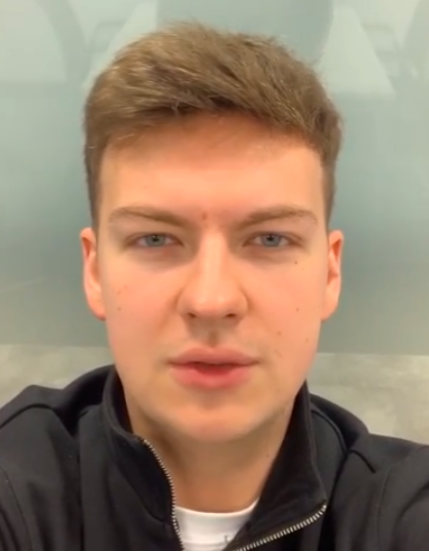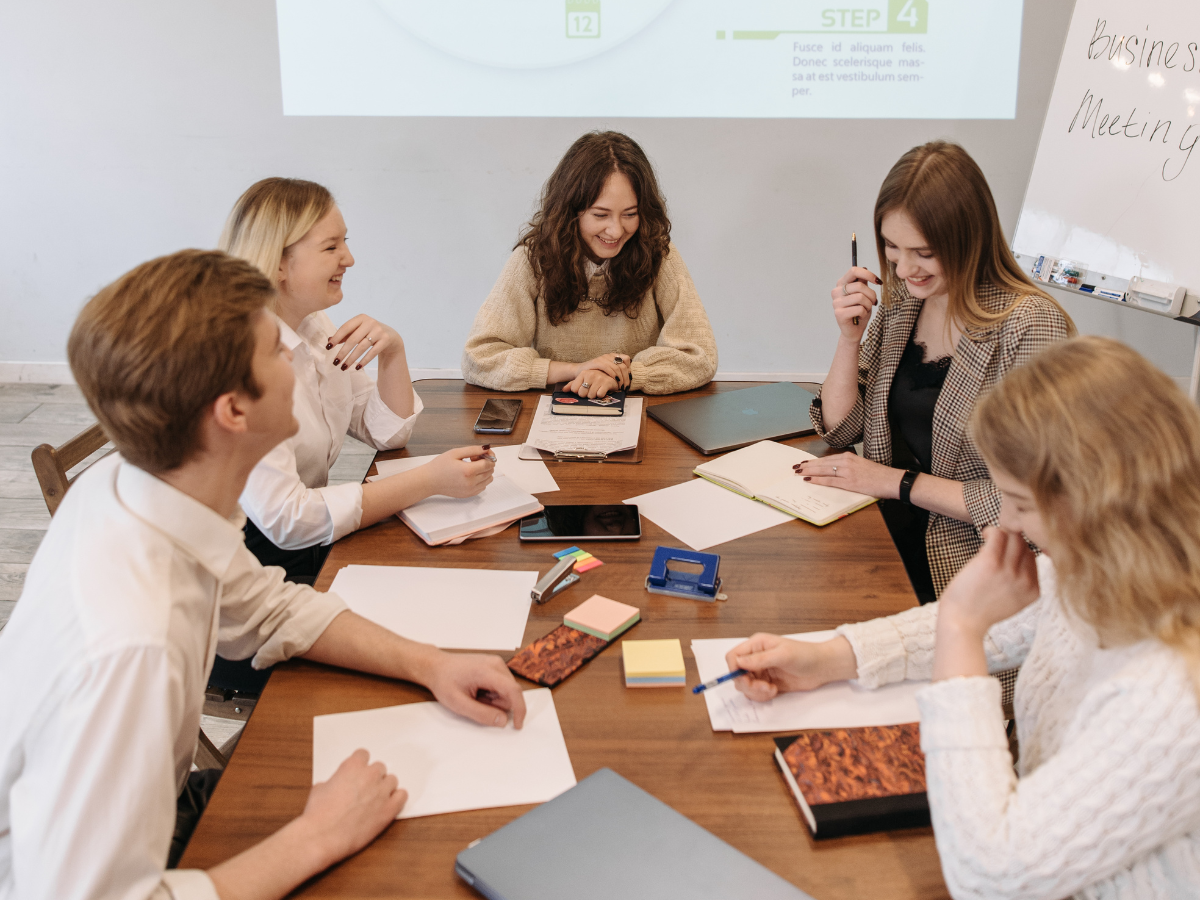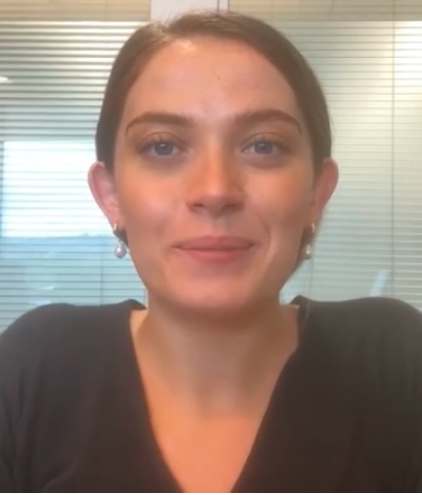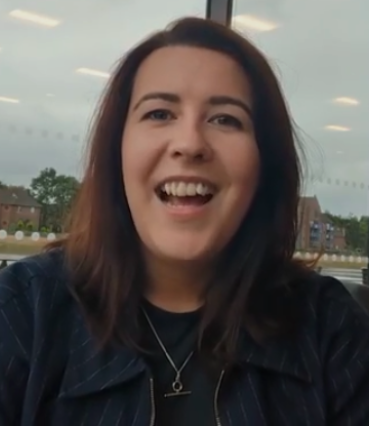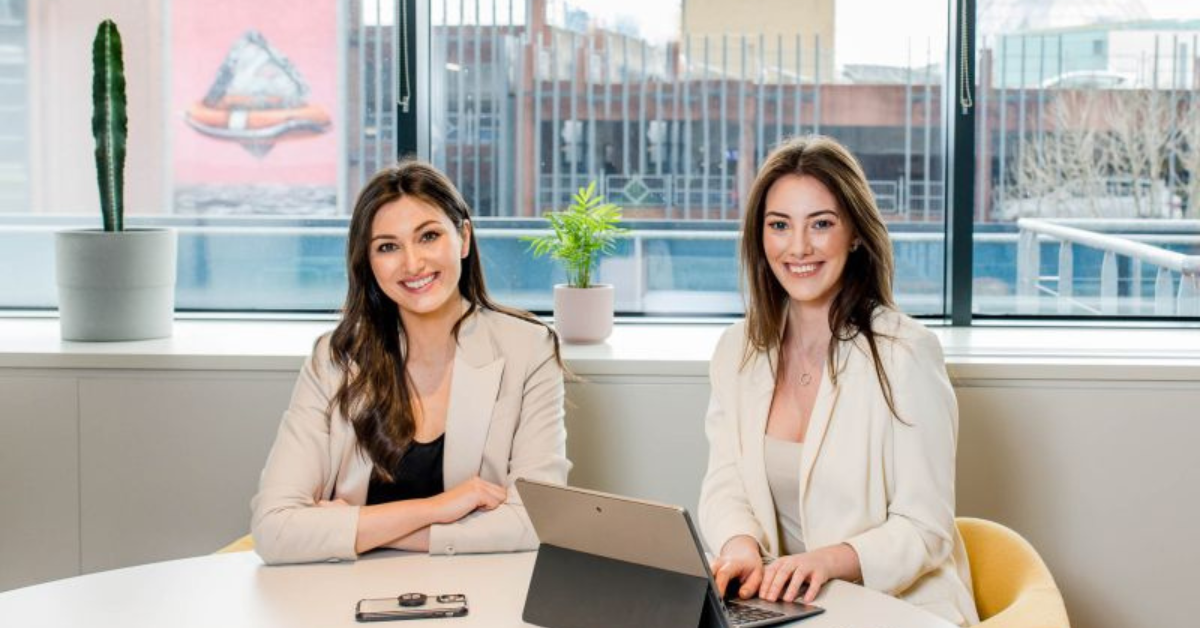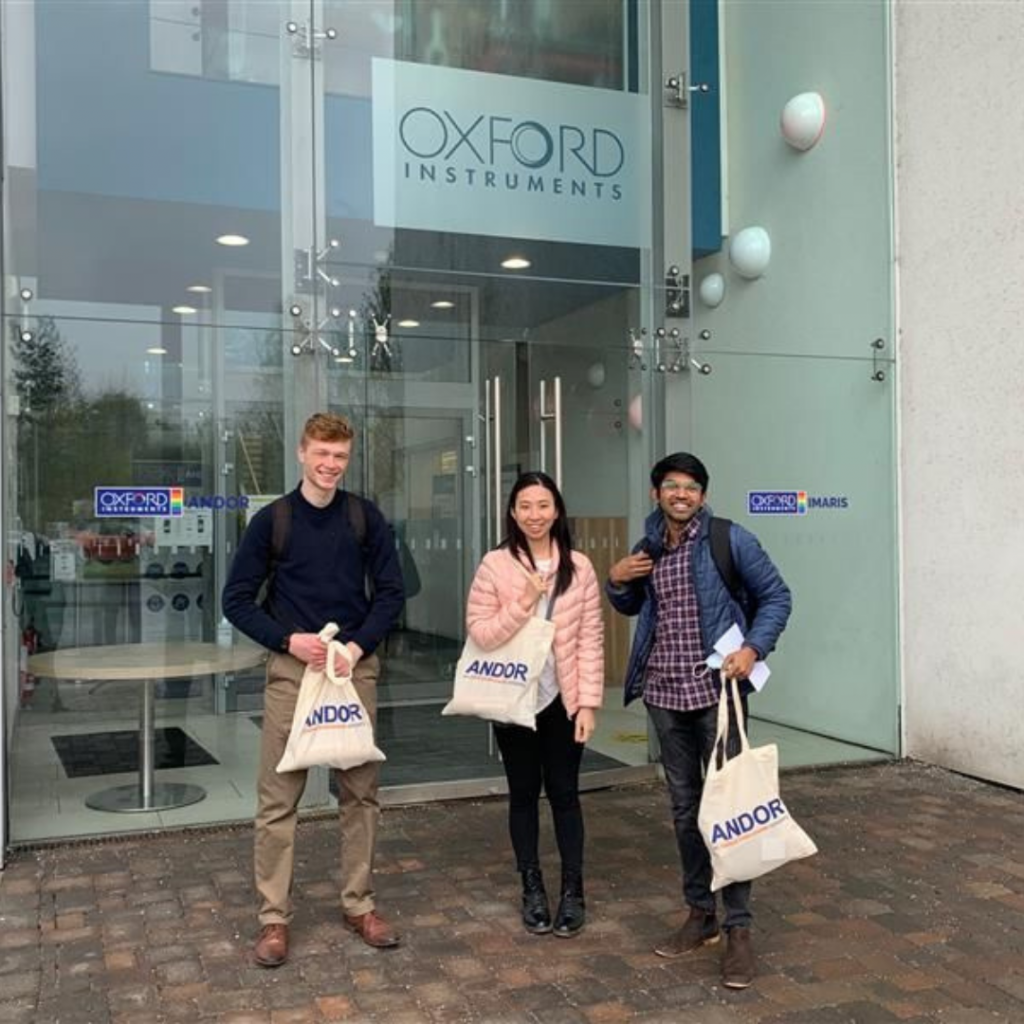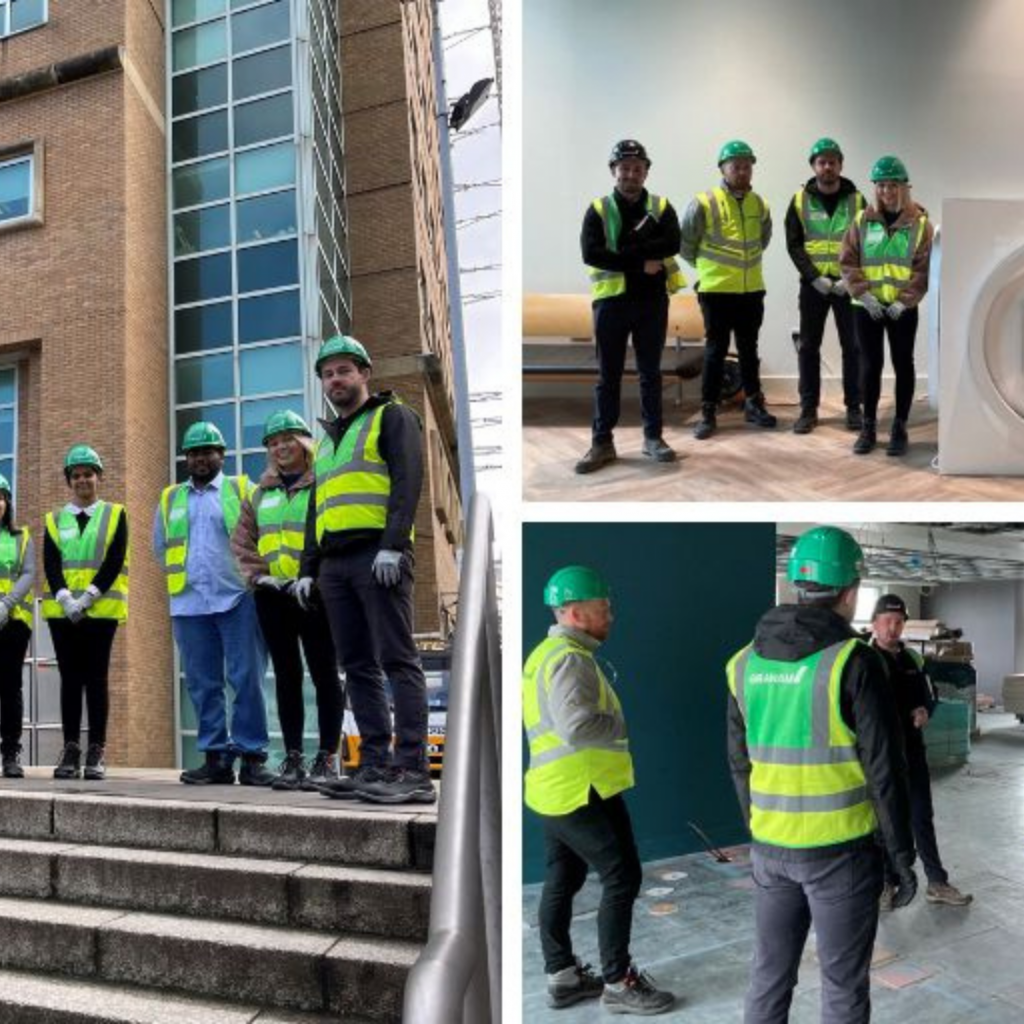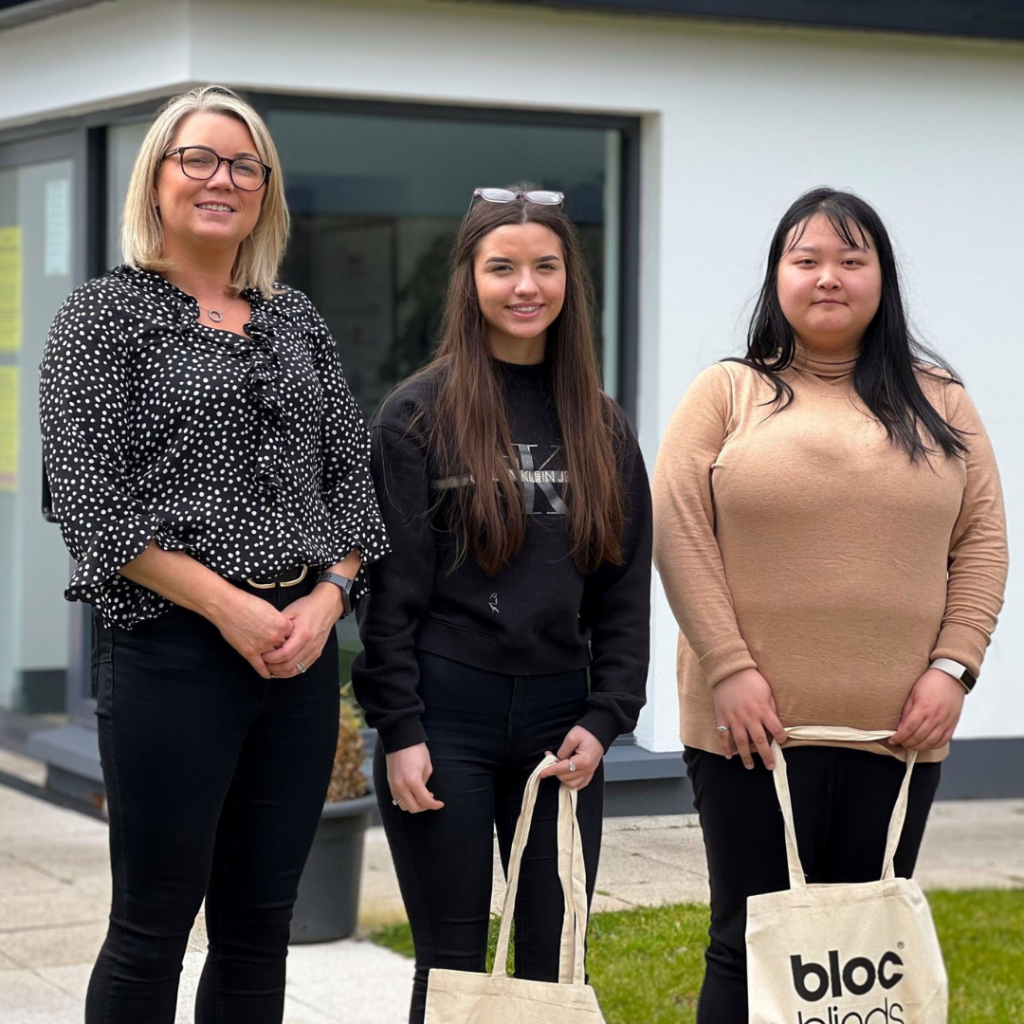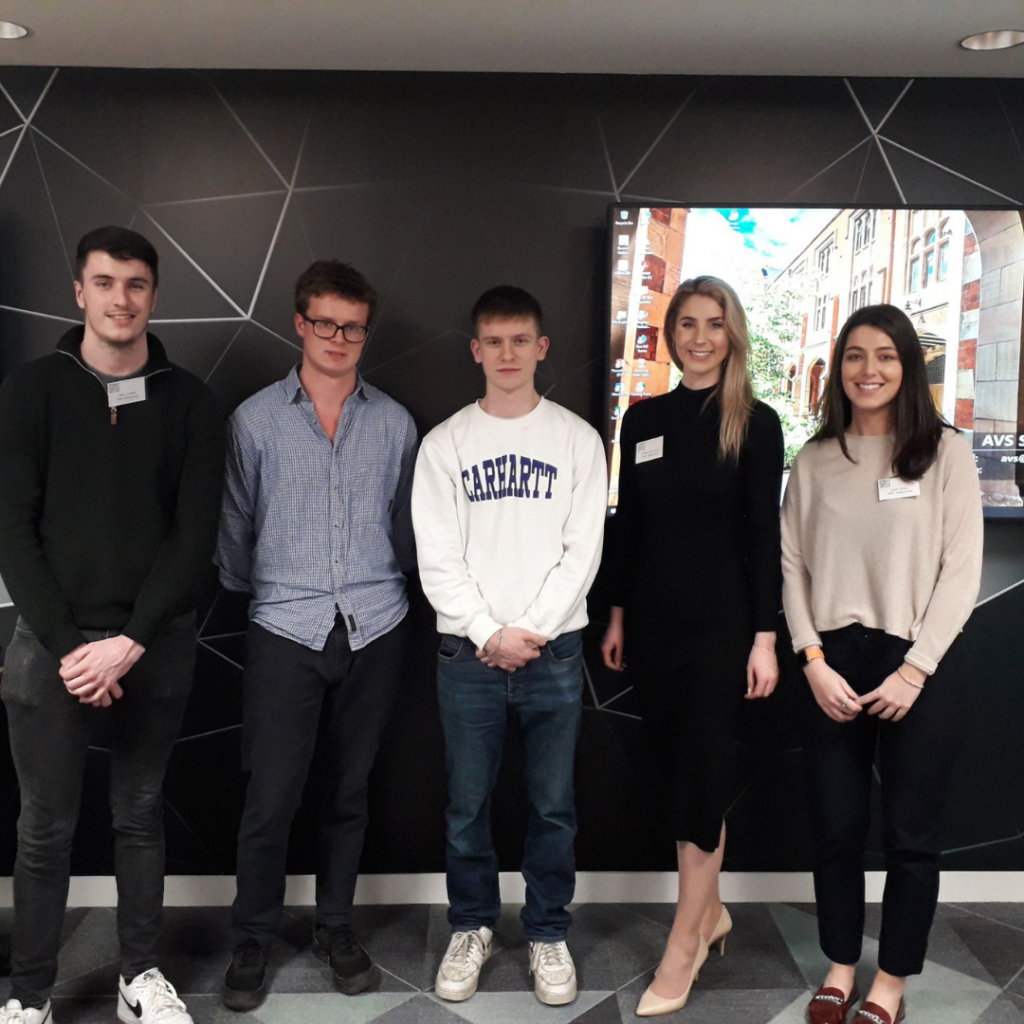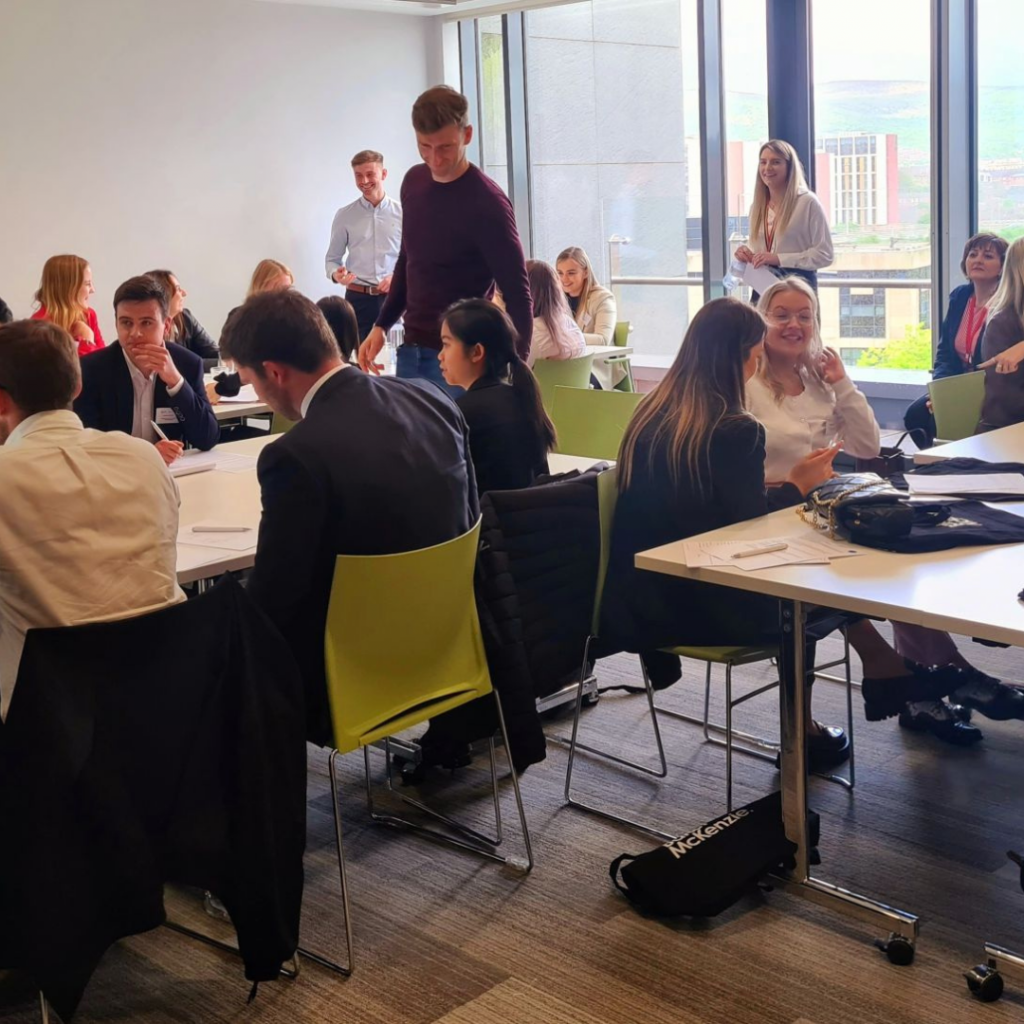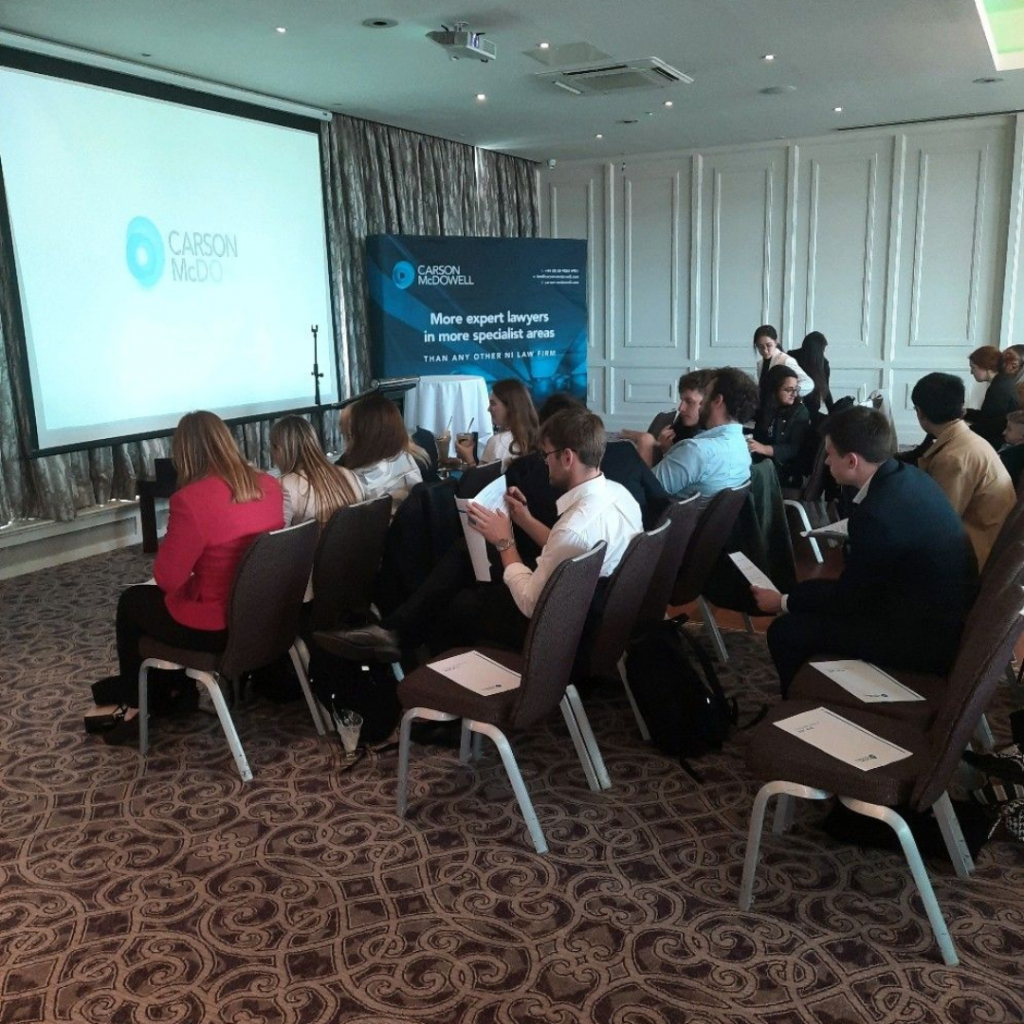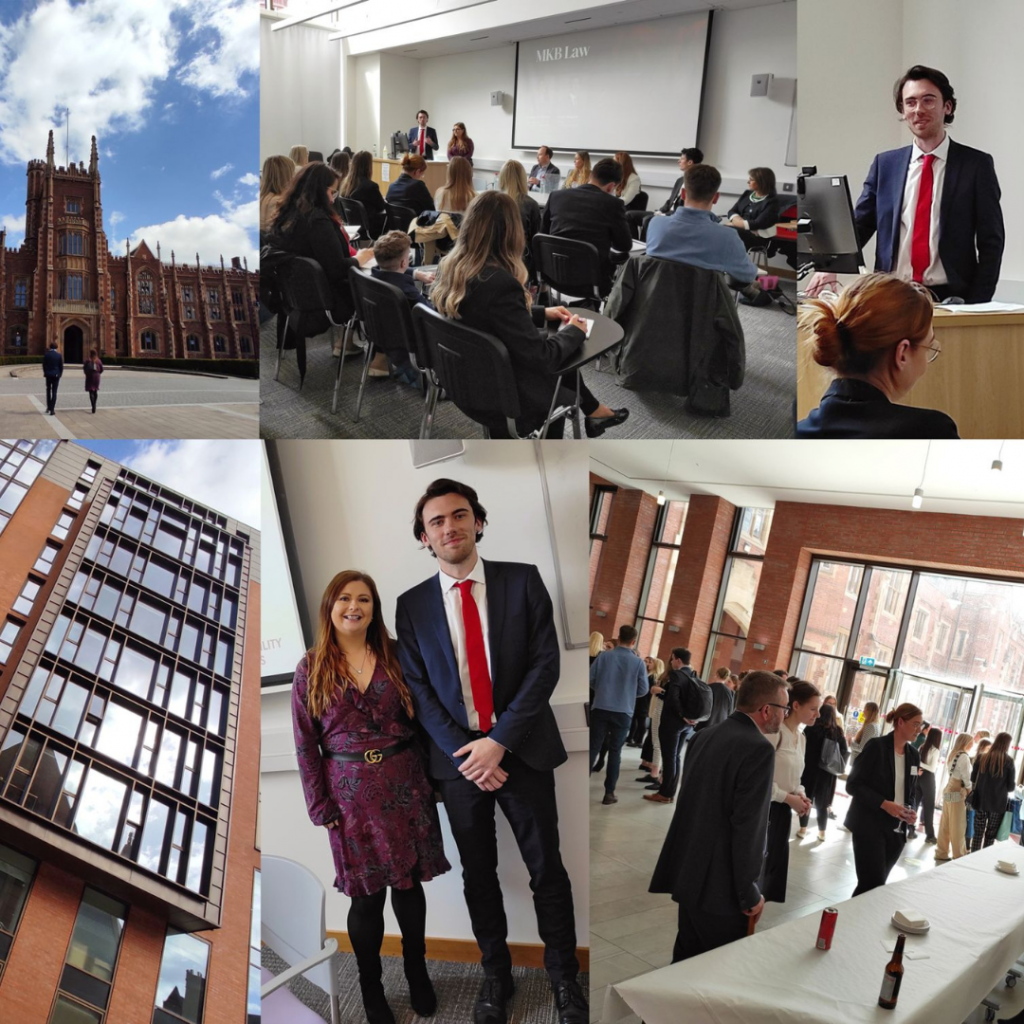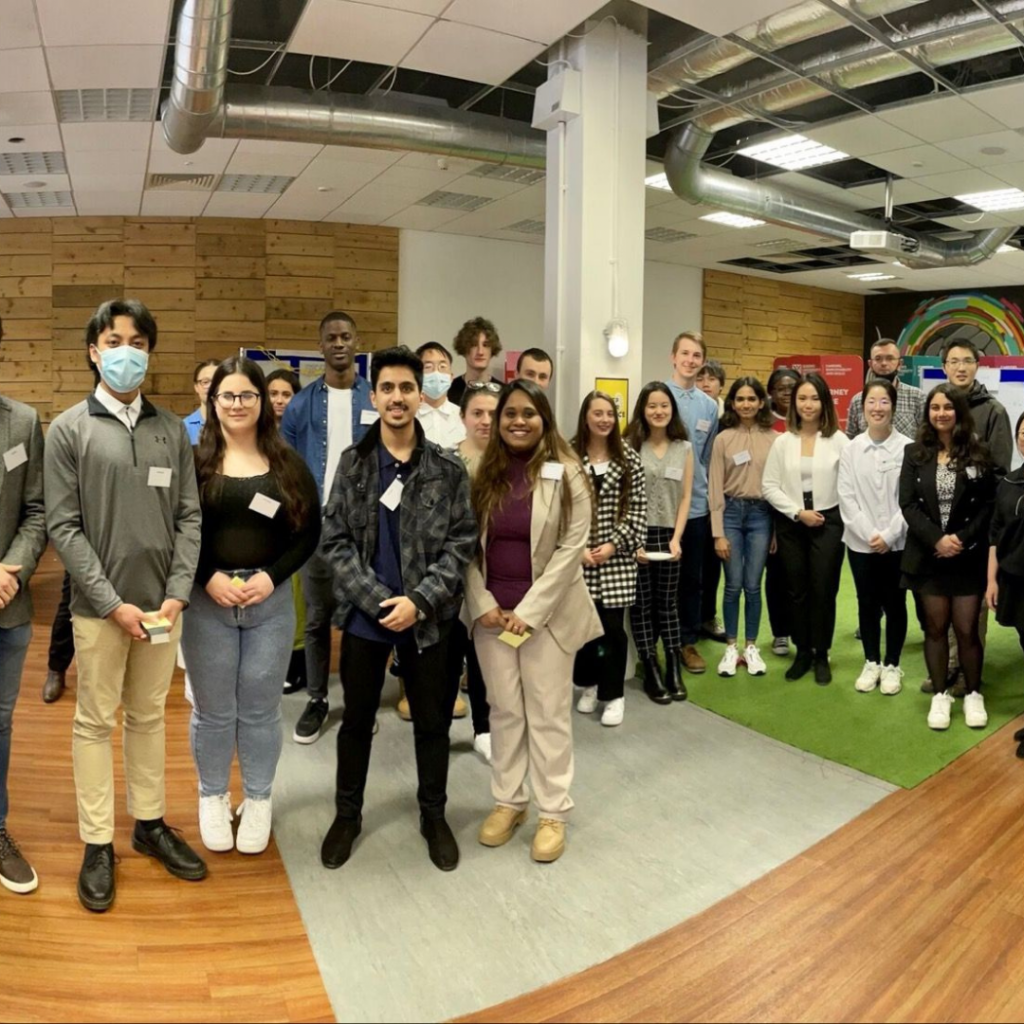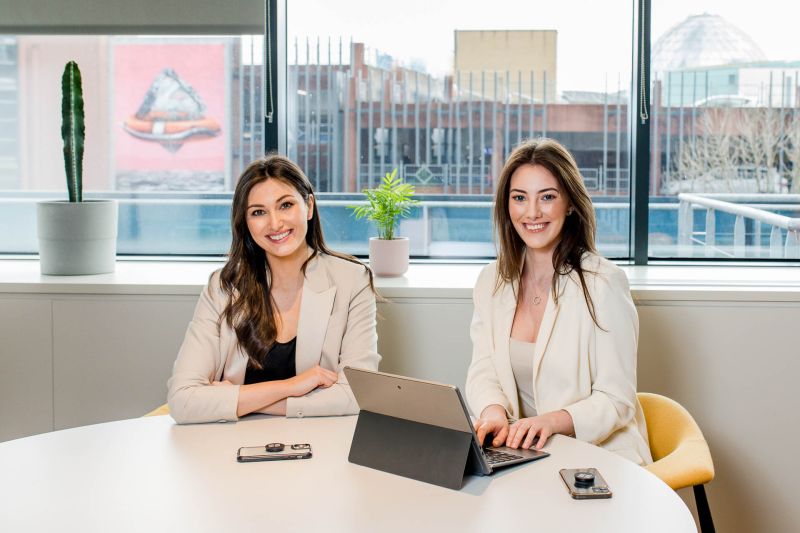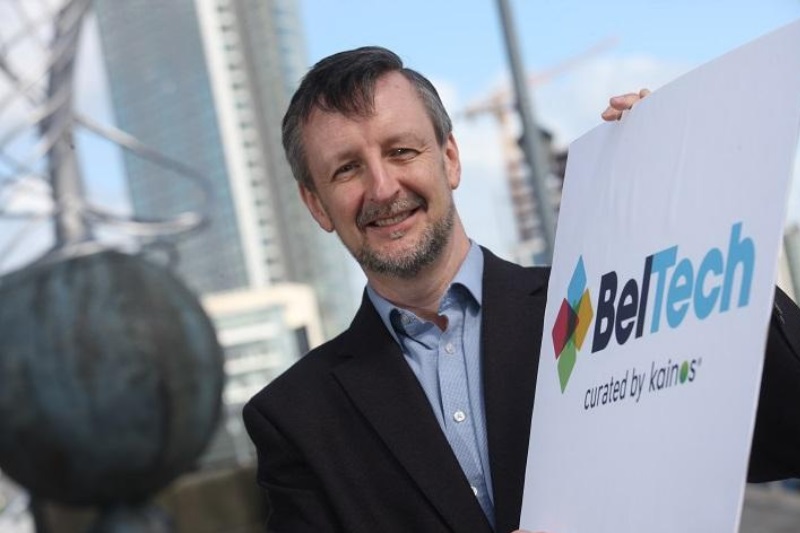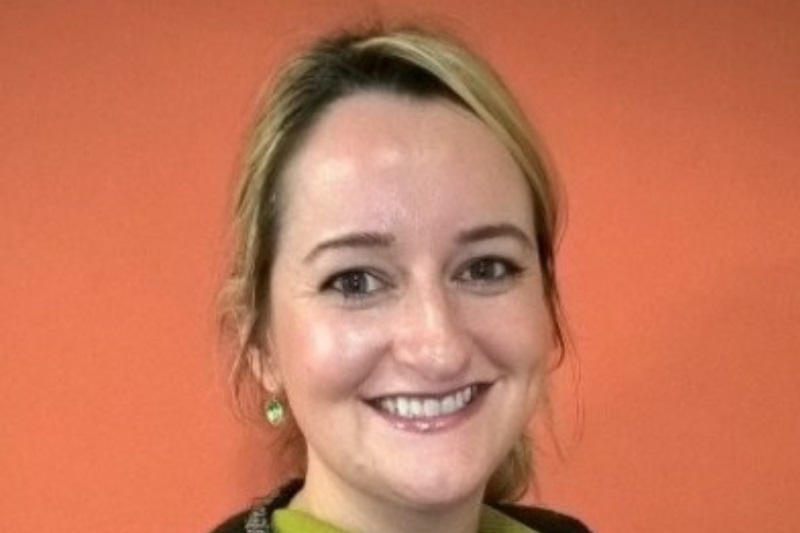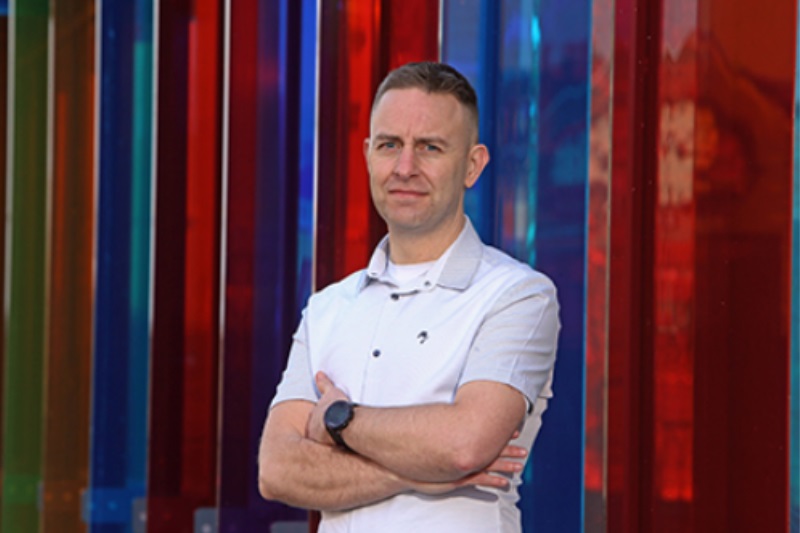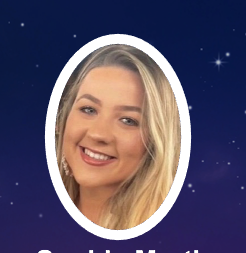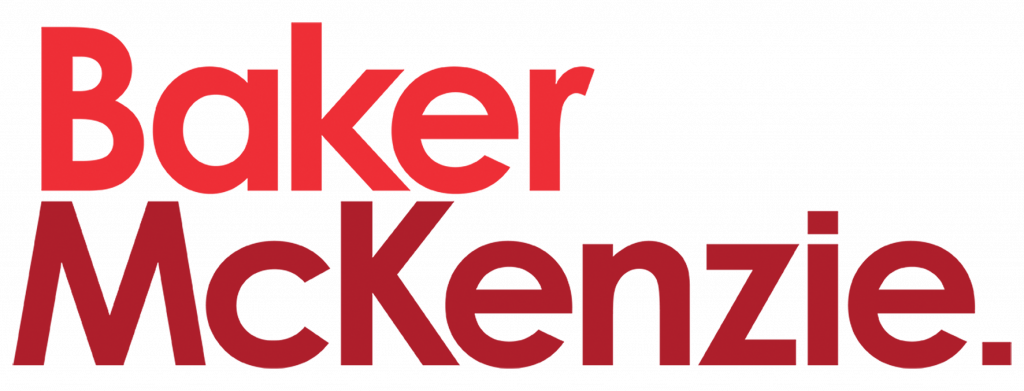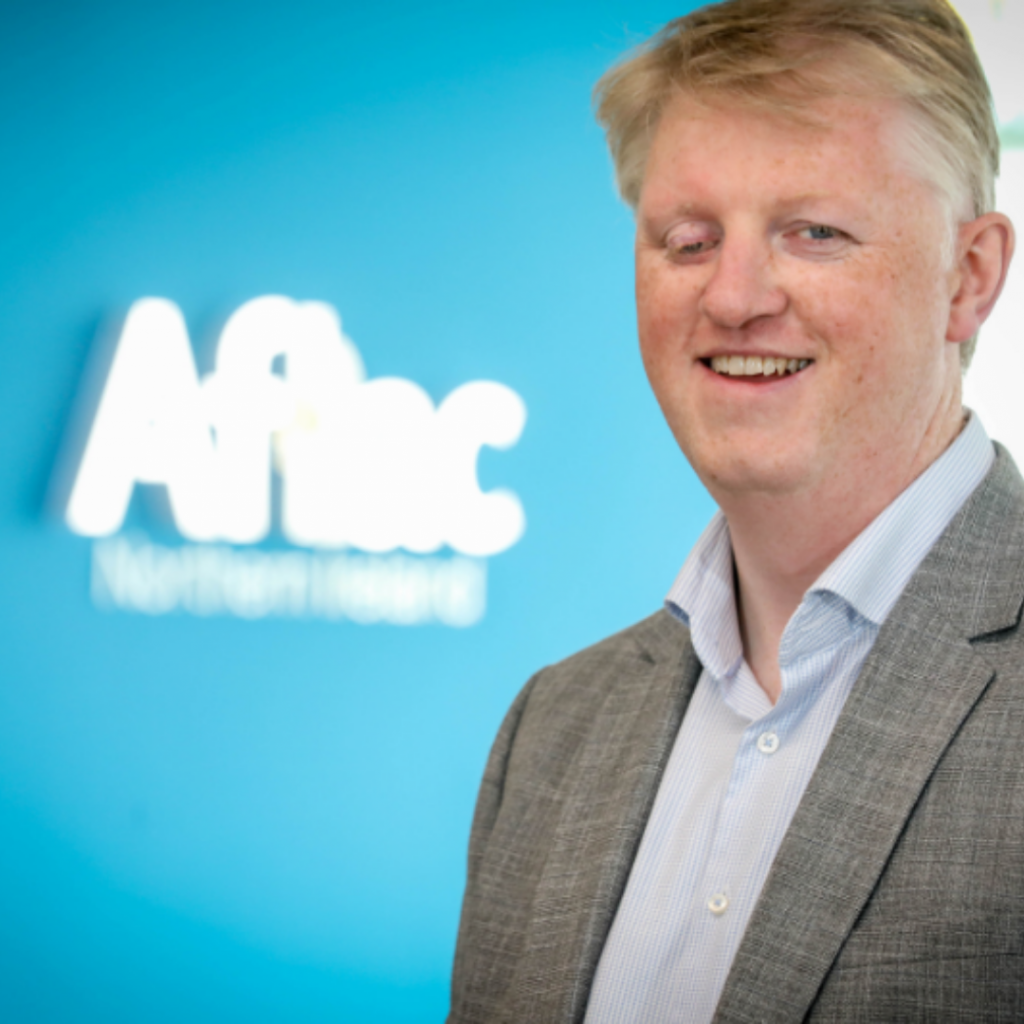
I’m Jenni and I work as part of the E Discovery Team here at Allstate Northern Ireland. I recently just finished my Master’s in Software Development at Queen’s University in Belfast.
Tell us about your role.
So my role is basically working in conjunction with Legal Department on evidence request. Most of my team are based in the US, so it’s great chatting to them on a daily basis, even if it is virtually. I love the fact that I’m getting the opportunity to learn something new every single day at Allstate.
How did you get your current role?
So I went into the Master’s Degree with no real technical background at all. The course is brilliant in that it gives you a broad range of new technical skills in a relatively short space of time. The course covers a really wide range of technology and that gives you a really solid basis to work from then and the confidence to learn new technologies when you go into a workplace. Allstate has a really wide number of roles available as IT does in general. So there really is a fit for everybody. I applied for Allstate’s graduate programme because it gives you really fantastic first steps into a new career and it provides a world-class training program for technical and soft skills.
What interview tips do you have for students/ graduates?
So for any interview you want to prove that you not only have the tech skills to be able to work there but also the right attitude. From a tech point of view you want to be able to show that you’ve got a real interest in technology so having some projects and that you’ve done outside of uni work on your CV is always really helpful. From a non-tech point of view you want to make sure that it comes across that you’re really curious, you’re really willing to learn. Also do a wee bit of research on the company before you go into the interview. The interviewer wants to make sure that you really want to work there and also for yourself, you want to make sure that the company is going to be a good fit for yourself. So it’s important for both you and the company that you’re going to fit in.
What soft skills are most important in your role?
So I would say that soft skills are just as important as tech skills in the work place. So good communication and being a team player is key. During our course we did some different group projects and this really increased our experience of working within a team which ultimately improves communication both in-person and in a virtual environment as well which we are also used to these days.
What training did you get when you started the role?
So here at Allstate there’s an amazing graduate training programme which focuses on both technical and soft programme which focuses on both technical and soft training which really helped to cement what we had already learned at Uni. The trainers were really fantastic and you felt like you could ask them anything without feeling silly. Our soft skills sessions were great too and they focus on things like time management, presentation skills and building your confidence. We also then had training within our own individual roles that we were
working in. So here at Allstate there an amazing culture of respect and if you ever have an issue or you’re unsure about anything there’s always somebody about that will help you.
How have the people in your organisation inspired you?
I think what is so special about Allstate is the culture. I really feel like I’m respected, supported and like my opinions matter. Allstate do a lot for their employees from things like employee days out, social events or even things like mental health workshops. Allstate also provides us with a lot of volunteering opportunities which allows us to give back to the communities in which we work and we live. In the office here we also have a collaboration area and we’re really encouraged to go down and use it to have a chat, a coffee or even a game of pool, which is lovely. We also have a peer-to-peer reward system which really makes you feel valued.
Why would you recommend students and graduates apply to your firm?
So I would definitely recommend applying to Allstate. The diversity of roles here is huge and there really is a place for everybody. There is a reason that Allstate Northern Ireland has been named Digital DNA’s Workplace of the Year again this year. It’s got a fantastic benefits package and there’s a great work-life balance here. It’s got flexible and hybrid working options which really help support family life. We also have access to a wide range of world-class learning platforms and we’re really supported and encouraged to take steps to further your career.
Allstate are proud sponsors of our Autumn Fair


